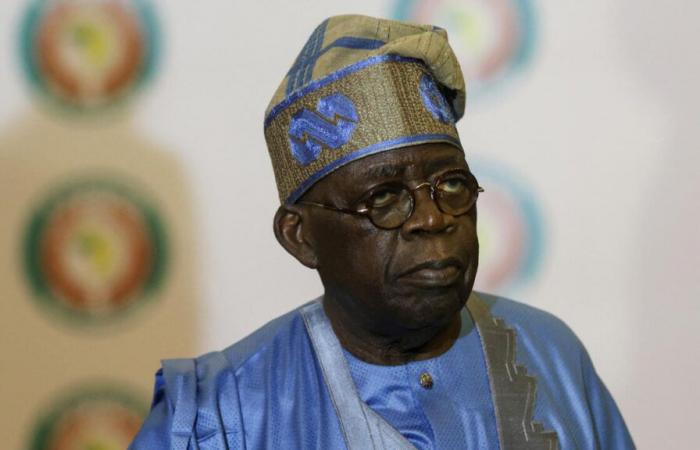
« This is an unprecedented state visit, the first in 24 years, relieving Young Africa : Nigerian President Bola Tinubu has been in France since last night. It is obviously tempting to see behind this desire of Paris to diversify its partnerships on the continent an attempt to build a new African policy on the ruins of the Sahelian fiasco which saw France expelled from Mali (in 2022), then from Burkina Faso ( in 2023) and Niger (end of 2023). And a desire to divert attention from the incessant standoff with Algiers. But probably that would be too reductive », Estimates the pan-African site. “ This would also misunderstand the chronology. Since his election in 2017, the French president has undertaken to travel outside the traditional French zone of influence, to Nigeria (in 2018), Ethiopia (in 2019) or South Africa (2021). ».
And the economic partnership between France and Nigeria is old, continues Young Africa« based mainly on hydrocarbons “, but not only that… There is also finance, with the opening of branches of Nigerian banks in Paris and agribusiness.
The “Nigerian turning point” is not from yesterday…
« Nigeria is already France's leading trading partner in sub-Saharan Africaspecifies The World Africa. And nearly 100 French companies are established there – there were only around fifty in 2010 – employing just over 10,000 people. The big names are present, point to the newspaper : TotalEnergies, the leading French investor with oil and gas projects valued at some $6 billion for the coming years, but also the shipowner CMA CGM, the cosmetics giant L'Oréal, and the agri-food group Danone. (…) The “Nigerian turning point” was outlined very early on by Emmanuel Macron, raises again Le Monde Africa. The legacy, among other things, of a special relationship that the French president maintains with this country where he chose to carry out his internship as an enarque in 2002. To strengthen ties, a Franco-Nigerian economic council was thus launched in 2018, during a visit by the French president to Nigeria. This includes the country's most famous businessmen, including the cement and hydrocarbons magnate Aliko Dangote (…) ».
Jean-Noël Barrot in Chad and Ethiopia
Also on the front page, another diplomatic visit, this time in the other direction: the tour of the continent by the French Minister of Foreign Affairs…
« Jean-Noël Barrot begins a key tour (today) in Chad and Ethiopia, rate the site Afrik.com. This visit addresses major issues: humanitarian aid, the French military future in Africa and the reform of international institutions, particularly the UN Security Council. (…) In Ndjamena, the minister will address a thorny subject: the future of French military bases in Chad. (…) Paris wishes to reduce its military footprint in Africa while promoting more balanced partnerships. Discussions with the Chadian authorities will be decisive in establishing a new roadmap and answering growing questions about the relevance of the French presence ».
And then in Addis Ababa, headquarters of the African Union, reports Afrik.comthe visit of Jean-Noël Barrot will put “ highlights a major ambition of French diplomacy: to promote reform of international institutions, particularly the UN Security Council. Paris supports the allocation of two permanent seats to African countries, a long-standing demand of the African Union ».
Win back the hearts of Africans…
Comment from Pays in Burkina Faso: “ to move forward in the defense of its interests, France must change its approach. And it is clearly this exercise that she is trying. It wants to win back the hearts of Africans by pretending to be their spokesperson but also by reducing its permanent military footprint on the continent. It remains to be seen whether this will be enough. (…) That said, continues the Ouagalais dailyAfrica must use this new context to demand that the former colonial power, failing which it repairs the mistakes made, engage in a win-win partnership. Because what the continent really needs is estimated The Country is neither about compassion nor assistance, but about a balanced relationship where it would gain its full place and could have its natural wealth at its disposal to provide, in a sovereign manner, for its needs. ».





